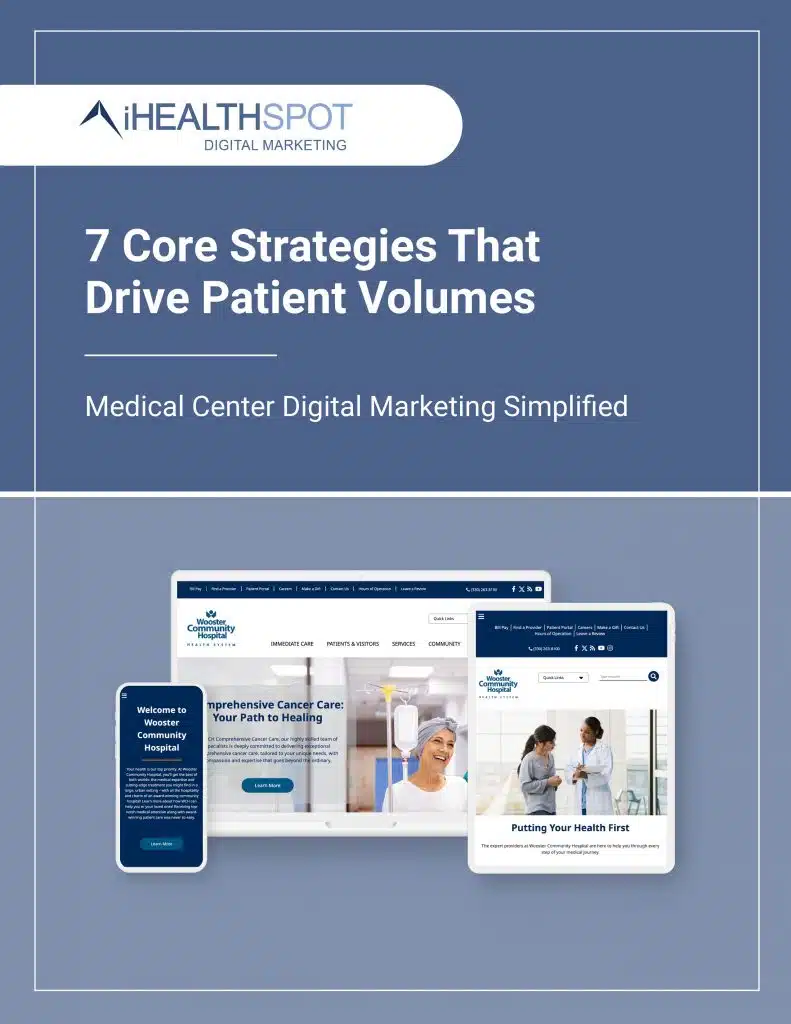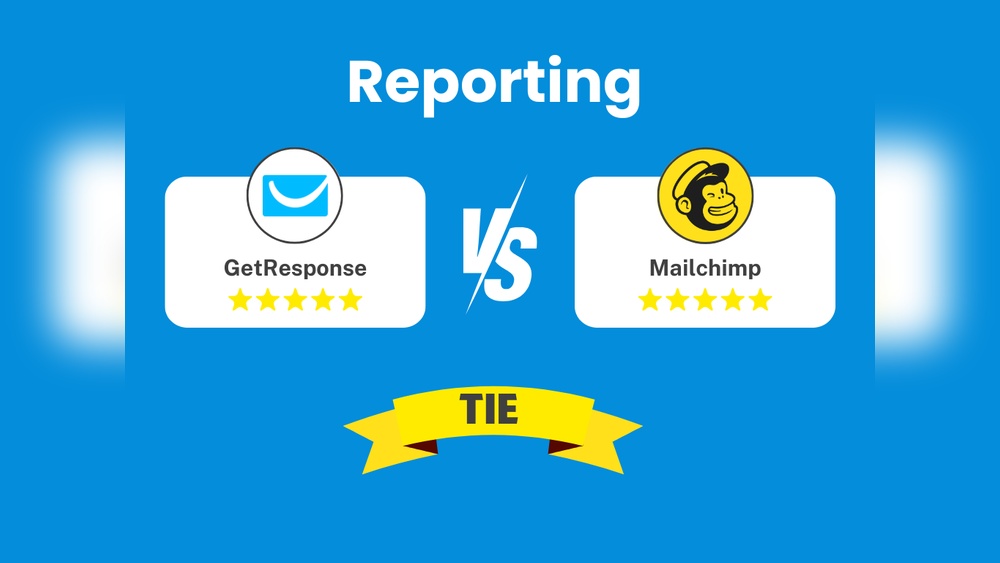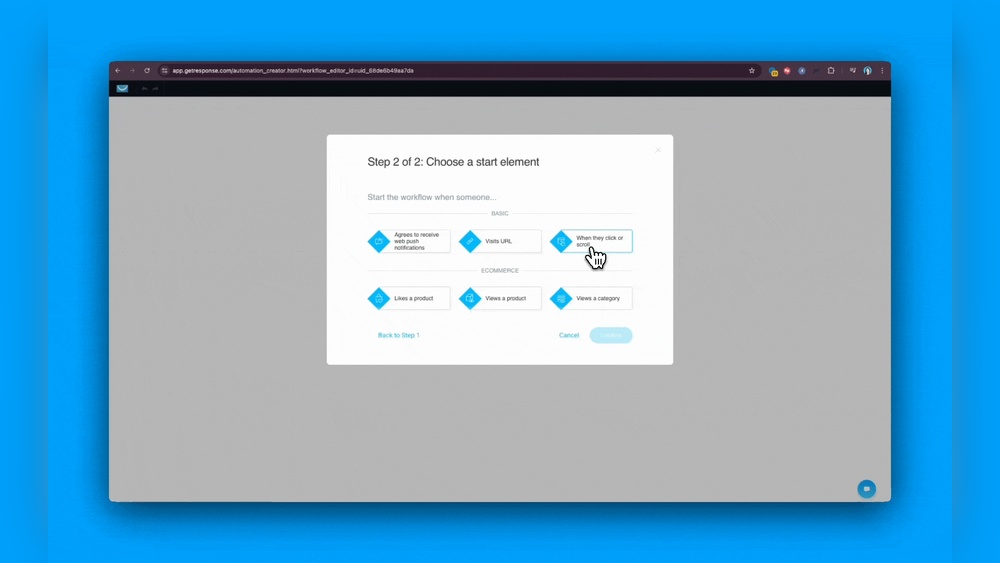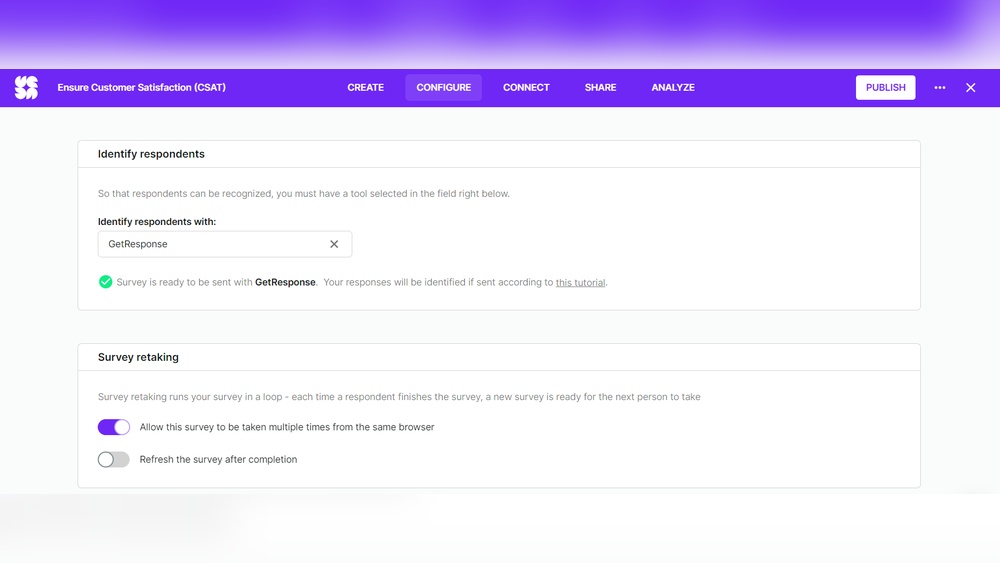Are you ready to take your healthcare practice or organization to the next level? Understanding how to connect with patients and build trust online is no longer optional—it’s essential.
Your audience is searching for care, information, and answers every day, and digital marketing strategies can help you reach them effectively. In this guide, you’ll discover simple yet powerful digital marketing tactics designed specifically for healthcare. From boosting your online presence to engaging patients where they spend most of their time, you’ll learn how to make your message stand out in a crowded market.
Keep reading to unlock proven steps that can grow your practice, improve patient loyalty, and set you apart from the competition.

Credit: www.ihealthspot.com
Healthcare Marketing Trends
Healthcare marketing is evolving rapidly. New trends shape how providers connect with patients. Understanding these trends helps create effective digital strategies. Staying updated keeps healthcare brands relevant and trusted.
Current Industry Shifts
The healthcare industry is moving towards patient-centered care. Providers focus on experience and transparency. Marketing now highlights personalized services and clear communication. Digital platforms grow as primary channels for outreach. Content that educates and builds trust gains priority.
Patient Behavior Changes
Patients research health information online more than ever. They prefer quick and easy access to services. Mobile-friendly websites and apps are critical. Reviews and social proof influence patient choices strongly. Patients expect timely responses and seamless digital interactions.
Technology Adoption
Healthcare marketing uses advanced tools like AI and data analytics. These tools help target audiences precisely and measure campaign success. Telemedicine and virtual care services expand marketing opportunities. Social media and email remain vital for patient engagement. Automation saves time and ensures consistent messaging.

Credit: insightmg.com
Seo For Healthcare
SEO for healthcare is essential for medical practices aiming to reach more patients online. It helps healthcare providers appear in search results when people seek medical services. Effective SEO increases website visits and builds trust in your practice.
Healthcare SEO requires special attention due to strict regulations and patient concerns. Clear, accurate information boosts your site’s credibility. Search engines favor websites that offer valuable, well-organized content related to health topics.
Keyword Research Techniques
Start by identifying terms patients use to find healthcare services. Use tools like Google Keyword Planner or Ubersuggest to find popular search phrases. Focus on keywords with moderate competition and high relevance. Include long-tail keywords that describe specific treatments or symptoms. Analyze competitors’ keywords to spot opportunities. Regularly update your keyword list to match changing search trends.
Local Seo Tactics
Local SEO helps attract patients from your area. Create and optimize a Google My Business profile with accurate contact details. Encourage satisfied patients to leave positive reviews. Use location-based keywords in your website content and meta tags. Ensure your name, address, and phone number are consistent across all online listings. Add your practice to local directories to improve visibility. Local SEO connects you with people nearby who need your care.
Optimizing Website Content
Write clear, simple content focused on patient needs. Use keywords naturally in titles, headings, and paragraphs. Include questions patients often ask and provide helpful answers. Add images and videos to explain procedures or services. Make sure your website loads fast and works well on mobile devices. Use easy navigation so visitors find information quickly. Regularly update content to keep it fresh and relevant.
Social Media Strategies
Social media plays a vital role in healthcare marketing today. It allows healthcare providers to connect directly with patients and communities. Using social media effectively builds trust and spreads important health information quickly. Choosing the right strategies is key to success in this fast-moving digital world.
Choosing The Right Platforms
Select platforms where your target audience is active. Facebook suits older adults seeking health advice and support. Instagram works well for younger users interested in wellness tips and visual content. LinkedIn is ideal for professional healthcare networking. Prioritize quality over quantity by focusing on a few platforms. This saves time and boosts engagement.
Engaging Patient Communities
Create spaces for patients to share experiences and ask questions. Encourage respectful and supportive conversations. Respond quickly to comments and messages to show care. Host live Q&A sessions with doctors or experts. Patient stories and testimonials add authenticity. These communities foster loyalty and improve brand reputation.
Content Ideas For Healthcare
Share easy-to-understand health tips and preventive care advice. Post videos explaining medical procedures or common conditions. Use infographics to simplify complex information. Highlight wellness challenges or healthy lifestyle habits. Promote upcoming events like free screenings or webinars. Consistent, helpful content builds authority and keeps followers interested.

Credit: sharemovingmedia.com
Paid Advertising Approaches
Paid advertising is a vital part of healthcare marketing. It helps reach the right audience quickly. This approach allows healthcare providers to promote services effectively. Paid ads appear on search engines, social media, and other platforms. They drive targeted traffic and increase patient engagement.
Careful planning of paid advertising campaigns ensures better results. Choosing the right strategies saves budget and boosts conversions. Below are key paid advertising approaches for healthcare marketers.
Ppc Campaigns
Pay-per-click (PPC) campaigns are popular in healthcare marketing. Advertisers pay only when users click on their ads. Google Ads is a common platform for PPC campaigns.
Creating relevant ads improves click rates and lowers costs. Use clear, simple language to describe services. Include strong calls to action like “Book an appointment” or “Learn more.”
Targeting specific keywords related to healthcare helps attract interested patients. Regularly update and test ads to keep them effective. PPC campaigns deliver quick visibility and measurable results.
Targeting Healthcare Audiences
Audience targeting is critical for healthcare paid ads. Ads must reach people who need specific health services. Use demographics like age, location, and gender to narrow the audience.
Behavioral targeting helps show ads to users based on their online actions. For example, targeting people who searched for medical treatments. Interest-based targeting reaches users interested in health topics.
Combining these targeting options increases the chance of connecting with the right patients. Precise targeting reduces wasted ad spend and improves campaign success.
Measuring Ad Performance
Tracking ad performance helps optimize healthcare campaigns. Use tools like Google Analytics and ad platform dashboards. Monitor metrics such as click-through rates, cost per click, and conversion rates.
Analyze which ads bring the most patient inquiries or appointments. Identify ads that underperform and adjust them or pause the campaigns. Measuring performance regularly ensures the best return on investment.
Data-driven decisions improve ad effectiveness and budget allocation. Clear reporting helps healthcare marketers understand what works and what does not.
Email Marketing Tactics
Email marketing remains a powerful tool in healthcare marketing strategies. It allows providers to connect directly with patients and build lasting relationships. Effective email campaigns can inform, remind, and engage patients, encouraging better health choices and loyalty.
Using clear and focused email tactics helps healthcare providers reach the right people. Personalization and timely messages increase patient trust and response rates. Below are key tactics to improve your email marketing efforts.
Building Patient Lists
Start by collecting patient emails with permission. Use signup forms on websites and during appointments. Offer valuable content like newsletters or health tips in exchange for email addresses. Keep lists updated and segmented by patient interests or conditions. This ensures emails reach the most relevant audience and improves engagement.
Crafting Effective Messages
Create simple and clear messages focused on patient needs. Use easy language and avoid medical jargon. Highlight important points with short paragraphs and bullet lists. Include a clear call to action, such as booking an appointment or reading a blog post. Personalize emails by addressing patients by name and tailoring content to their history.
Automation And Follow-ups
Use automation tools to send timely emails based on patient actions. Set reminders for appointments or follow-up care. Automated sequences can nurture patients with educational content over time. Follow-up emails after visits improve patient satisfaction and encourage ongoing care. Automation saves time and keeps communication consistent without extra effort.
Content Marketing Essentials
Content marketing is a key part of healthcare marketing. It builds trust and educates patients. Clear, simple content helps patients make better health choices. It also improves the practice’s online presence and patient loyalty.
Focusing on valuable and easy-to-understand information makes content marketing effective. Different formats like articles, videos, and webinars reach a wider audience. Consistent content keeps patients engaged and informed.
Creating Educational Content
Educational content answers common patient questions. It explains medical terms in simple words. Use facts and reliable sources to build credibility. Share tips for healthy living and disease prevention. Educational content helps patients feel confident and cared for.
Using Videos And Webinars
Videos and webinars make complex topics easier to understand. They show step-by-step guides and expert talks. Patients can watch anytime, making learning flexible. Webinars allow live interaction, answering patient questions directly. This personal touch builds stronger patient relationships.
Blogging For Patient Engagement
Blogs keep patients updated on health news and trends. Write short, clear posts that invite comments and questions. Share patient stories and wellness tips. Regular blogging boosts website traffic and patient trust. It creates a community focused on health and care.
Mobile Marketing In Healthcare
Mobile marketing plays a vital role in healthcare marketing. It connects patients and providers through devices used daily. Mobile strategies increase patient engagement and improve communication. Healthcare brands can reach patients anytime and anywhere.
Mobile marketing also supports health education and appointment reminders. It helps build trust and encourages healthy habits. Let’s explore key mobile marketing methods in healthcare.
App Development Benefits
Healthcare apps offer patients easy access to services. They can book appointments, view test results, and receive health tips. Apps improve patient satisfaction by simplifying tasks.
Providers can use apps to share updates and send reminders. Apps also collect patient data, helping tailor care plans. Mobile apps boost brand loyalty and patient retention.
Sms Campaigns
SMS messages reach patients directly and quickly. They remind patients about appointments and medication schedules. SMS campaigns have high open rates compared to emails.
Text messages can share health alerts or promote wellness programs. SMS is cost-effective and works on all mobile phones. It keeps patients informed and engaged.
Mobile-friendly Websites
Mobile-friendly websites adapt to any screen size. They provide easy navigation and fast loading times. Patients prefer sites that work well on smartphones.
Responsive design improves user experience and reduces bounce rates. Search engines rank mobile-friendly sites higher in results. A mobile-friendly site attracts more visitors and potential patients.
Building Patient Trust
Building patient trust forms the foundation of successful healthcare marketing. Trust encourages patients to choose your services and remain loyal. It also boosts communication and improves health outcomes. Digital marketing strategies must focus on creating a trustworthy image that patients feel comfortable with.
Transparency And Privacy
Patients want clear information about treatments, costs, and policies. Being open about these details builds confidence. Protecting patient data is critical. Use secure websites and follow privacy laws strictly. Show patients you respect their privacy to gain their trust.
Online Reviews And Testimonials
Positive reviews and testimonials influence patient decisions. Encourage satisfied patients to share their experiences online. Respond to reviews with kindness and professionalism. Real stories from real patients create authenticity. This feedback helps new patients feel safe choosing your care.
Patient-centered Messaging
Speak directly to patients’ needs and concerns. Use simple, clear language in all communications. Show empathy and understanding in your messages. Highlight how your services improve patient health and comfort. Patient-centered messaging makes your brand more relatable and trustworthy.
Analytics And Performance
Analytics and performance play a vital role in healthcare marketing. They help measure success and guide future strategies. Using data wisely ensures campaigns reach the right audience and achieve goals. Monitoring results regularly allows marketers to adjust quickly and improve outcomes.
Tracking Key Metrics
Tracking key metrics reveals how well marketing efforts perform. Metrics like website traffic, click-through rates, and patient inquiries matter most. Conversion rates show how many visitors become patients. Monitoring social media engagement helps understand audience interest. These numbers provide clear insights into campaign effectiveness.
Using Data To Improve Campaigns
Data helps identify what works and what does not. Marketers can test different messages or channels to see which drives results. Adjusting campaigns based on data reduces waste and boosts returns. Continuous improvement keeps healthcare marketing fresh and patient-focused. Data-driven decisions build trust and improve patient connections.
Tools For Healthcare Marketers
Many tools simplify tracking and analysis for healthcare marketers. Google Analytics tracks website behavior and conversions. Social media platforms offer built-in insights on post performance. Email marketing software measures open and click rates. CRM systems help manage patient data and follow-ups. Using the right tools saves time and enhances marketing efforts.
Compliance And Regulations
Healthcare marketing must follow strict rules and laws. These rules protect patient privacy and ensure truthful information. Marketers must understand compliance and regulations well. This knowledge helps avoid legal problems and builds trust with patients. Clear communication and respect for laws improve marketing results.
Hipaa Considerations
HIPAA protects patient health information. Marketers cannot share private data without permission. Digital campaigns must secure all patient details. Avoid using patient names or images without consent. Encryption and secure platforms keep data safe. Training staff on HIPAA rules reduces risks. Always check content for compliance before publishing.
Advertising Standards
Healthcare ads must be honest and clear. Claims about treatments should be backed by evidence. Avoid exaggerated or false promises in marketing messages. Include necessary disclaimers and warnings. Follow guidelines from authorities like the FDA. Ads should not create unrealistic expectations. Transparency helps build credibility with patients and providers.
Ethical Marketing Practices
Ethics guide how healthcare marketers communicate. Respect patient dignity and avoid fear-based tactics. Provide accurate and balanced information about services. Avoid targeting vulnerable groups unfairly. Promote health benefits without pressuring patients. Ethical marketing fosters long-term relationships. It supports a positive reputation for healthcare providers.
Frequently Asked Questions
What Is Healthcare Digital Marketing?
Healthcare digital marketing uses online channels to promote healthcare services, build trust, and engage patients effectively.
Why Is Seo Important In Healthcare Marketing?
SEO improves healthcare websites’ visibility, attracting more patients searching for medical services online.
How Can Social Media Boost Healthcare Marketing?
Social media connects healthcare providers with patients, increases brand awareness, and shares valuable health information.
What Role Does Content Marketing Play In Healthcare?
Content marketing educates patients, builds credibility, and drives organic traffic to healthcare websites.
Conclusion
Effective healthcare marketing needs clear, simple digital strategies. Focus on reaching patients with honest, helpful content. Use SEO, social media, and email to build trust. Keep your messages easy to read and share. Track your results to improve over time.
Digital marketing helps healthcare providers connect and grow. Start small, stay consistent, and watch your practice improve.







